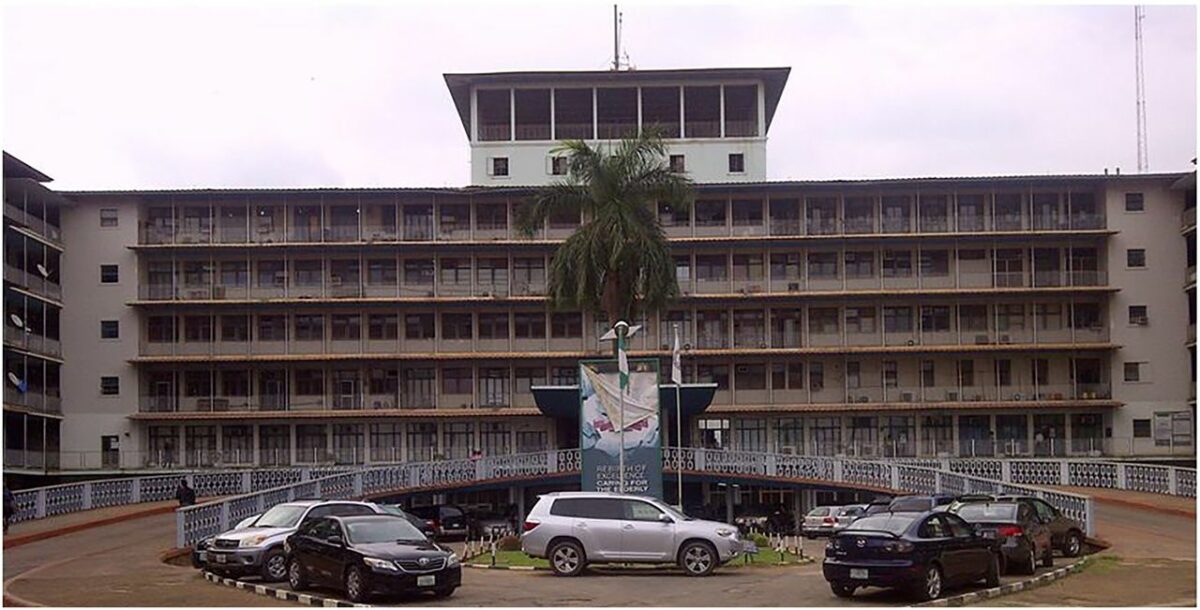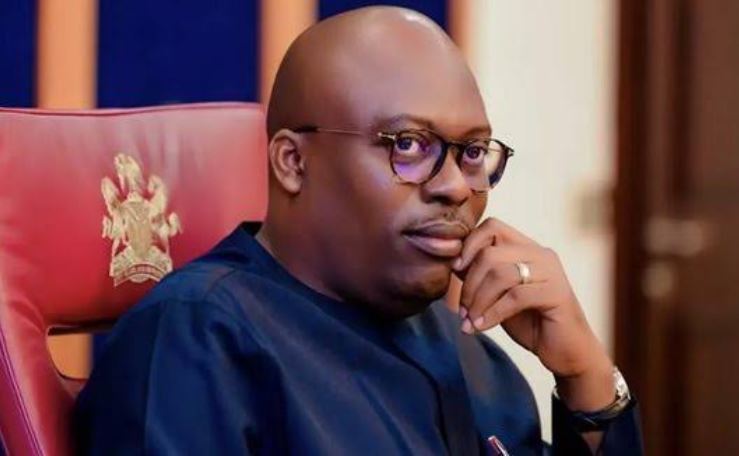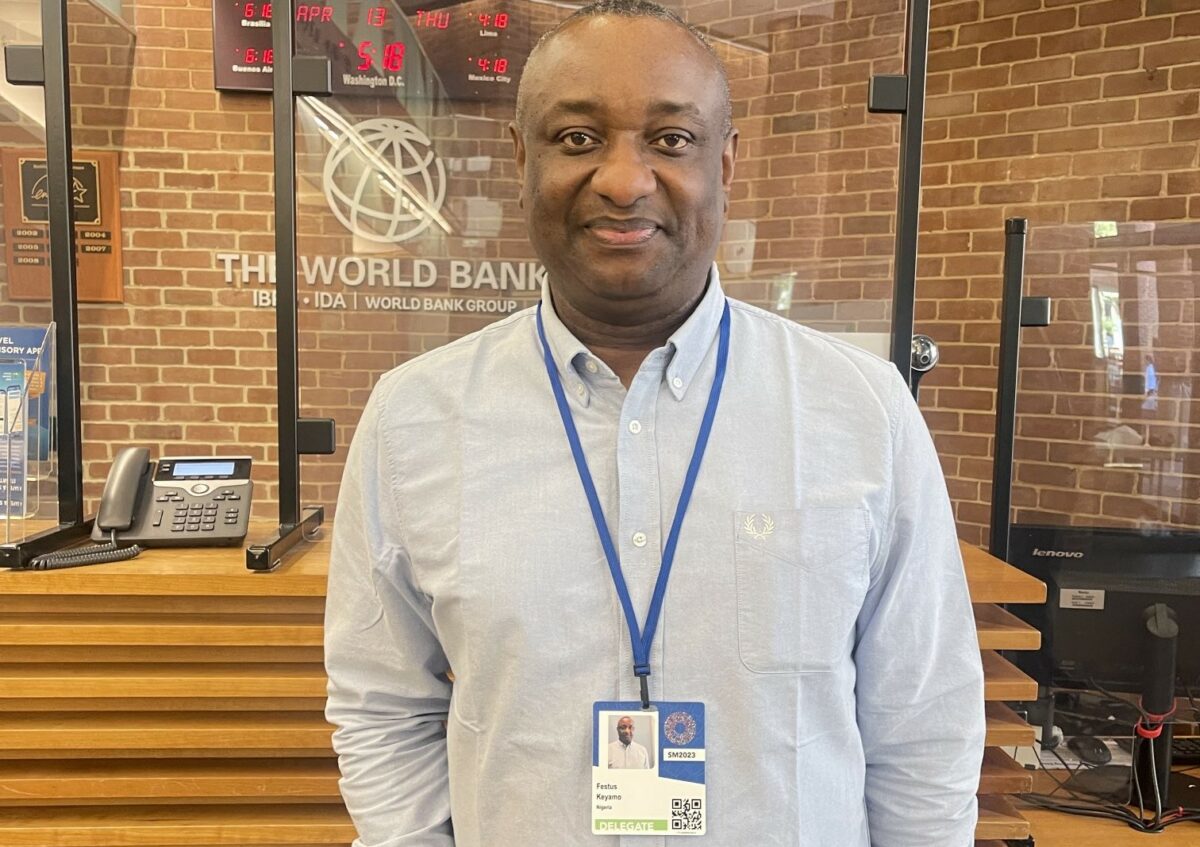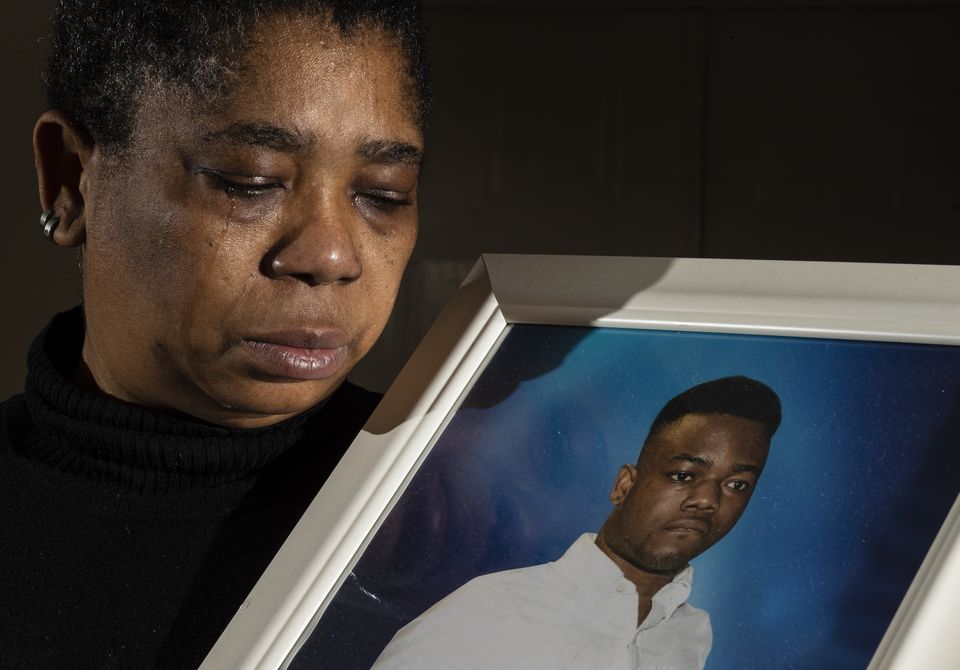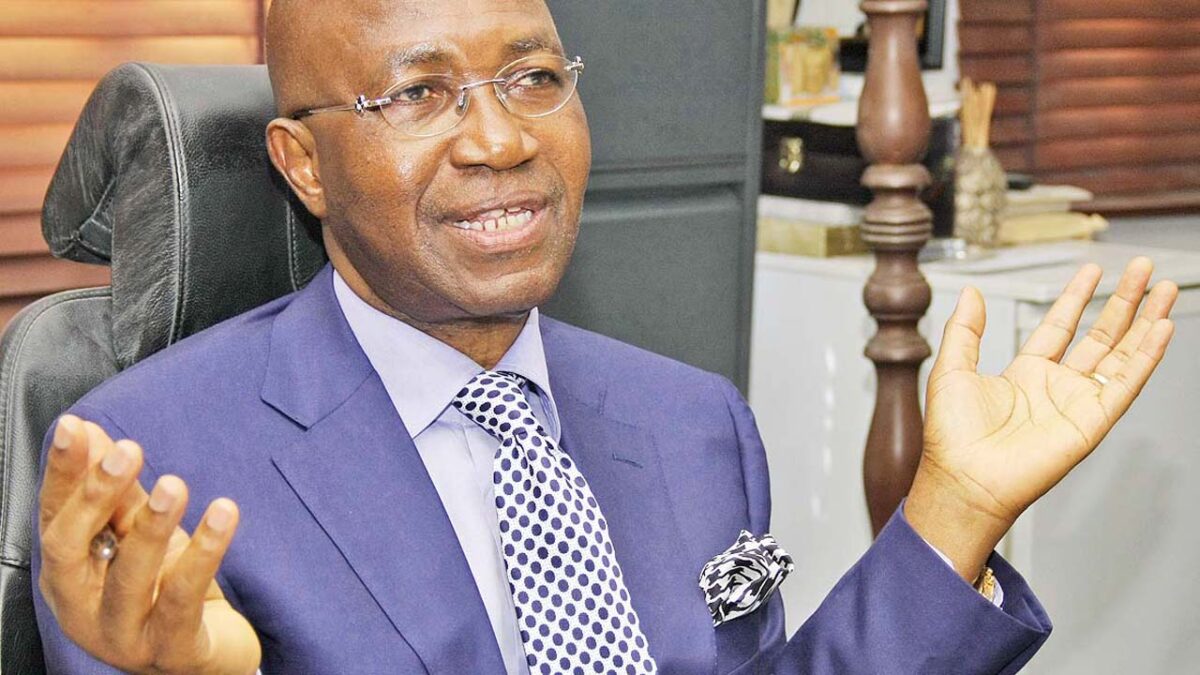Health care delivery in Nigeria is very far from being ideal, but the federal government is making it even worse, FIJ has learnt.
Specialists at the University College Hospital, Ibadan, laid bare the current challenges of health care delivery at tertiary health care institutions.
Professor Emmanuel Oladipo Otolorin, the president of the Ibadan College of Medicine Alumni Association (ICOMAA) Worldwide, told FIJ that there are a myriad of challenges currently facing health care delivery in Nigeria.
WE NEED TO RAISE THE ALARM
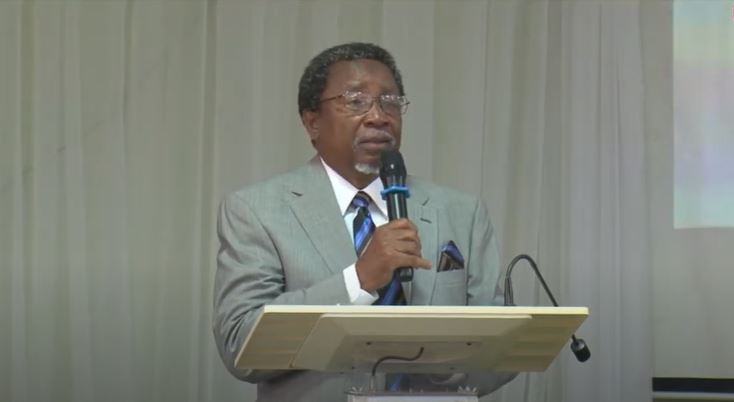
“I am a very proud alumnus of the College of Medicine, University of Ibadan. I did my undergraduate and clinical studies here, then I had my graduate studies in the United Kingdom and came back. I’ve gone out of Nigeria many times, but I have always come back because I am proud of the medical education at this college. I will like the quality of medical education to remain what it was like when I was a student,” Otolorin told FIJ.
“Unfortunately, things are going down and I think it is time to raise the alarm. Not just doctors are leaving Nigeria, nutritionists, nurses, pharmacists and physiotherapists are all leaving. I have heard the Chief Medical Director of UCH Ibadan say that over 600 health care workers resigned in the last two years. Now, the people leaving are not just house officers. They are people who have garnered experience over time and are being sought after by countries with a shortfall of health workers in their own system.
“These countries are poaching our health care workers because they value them more than we do. This is a problem. There was a time when we had this kind of crisis. Doctors went on strike under a certain regime. They were bullied and they began to leave the country. I went to Saudi Arabia for three years myself because I had a British specialist qualification, which was appreciated. The remuneration was great. I first did a locum for six weeks and what they paid me for those six weeks alone was more than my one year salary in UCH at that time. So you can understand why many people left.”
READ ALSO: ’10 of 13 Doctors Left UCH Department in One Year — No Replacement’
The retired don explained that the health care workers leaving now are mostly people the institution groomed to take over from retiring health professionals.
“We are retiring, and we are not being replaced. The people we are training, young consultants and resident doctors who should be replacing us, are leaving. When you hear that somebody has left with the wife and children, sold the car and house, you know they are not coming back.
“That is a big problem. Our health care system is going to be seriously affected, and the quality of services we will be providing in establishments like this will fall.
“As president of ICOMAA Worldwide, this gives me great concern.”
HOLD ON TO HOMEGROWN HEALTH SPECIALISTS
Otolorin believes that countries such as the United Kingdom recognise the quality of Nigeria-trained medical specialists.
He said that Nigeria needs to guard the professional talents it has invested in. Medicine in CoMUI costs around N450,000 per session, while the same training takes as much as $60,000 in the United States.
It is Otolorin’s thinking that medical education is too cheap in federal institutions for Nigeria to lose its trainees to other countries shortly after their training ends.
“Why is the UK grabbing our graduates if not that the quality of education here is solid? By population, Nigerian doctors are number 3 in the UK. India, Pakistan, Nigeria; that’s the order of foreign doctors in the UK. They’ve noticed that all they need to do is introduce our doctors to cutting edge technology and they will fit in very well,” Otolorin said.
“We allowed this to happen. In every situation, there are what we call the push and pull factors. There is a lack of professional satisfaction serving as a push factor for the people leaving. There are many more push factors driving professionals away. The insecurity, the poor salaries. People can’t even pay escalating rents. Public educational institutions are down, so everyone is sending their wards to private educational institutions that are charging a lot of money.
“When doctors demonstrate or go on strike, they are held in disdain. People talk down on them and say that they can go. If a minister of labour can say that they can go, why will these professionals stay when that’s our government’s opinion?
“We should value the specialists we have trained in our country. They know better the pathology and health patterns in Nigeria. Why should we let them go? We ought to hold on to them. These are some of the issues we are faced with.”
With the global shortage of health workers, Nigeria still falls short with a ratio of one doctor to about 10,000 people. Otolorin also said that there are doctors who are not employed because the government thinks it is too expensive to employ them.
“They would rather employ a community health extension worker and put them in charge of a primary health care centre. The government employs them because it is cheaper. They have a role to play but they are not nurses or doctors. The government should not invest in them in place of doctors and nurses because they are cheaper.”
TSA FRUSTRATING RESEARCH IN NIGERIAN TERTIARY INSTITUTIONS
“Another subject is the Treasury Single Account (TSA). The TSA was introduced to solve a problem, maybe ghost workers and others, but it has created new problems,” Otolorin continued.
“To rank a university, we must look at research. Research performance and research productivity are very important. If a researcher in a university conducts brilliant research and wins the Nobel Prize, the status of such a university will rise. This college of medicine has produced world class researchers, attracting grants to the college. These grants are domiciled in the college. The research we do here maintains our rank as the foremost college of medicine. We are number one in Nigeria and number four in Africa. But we are not satisfied; we want to be number one in Africa.
READ ALSO: ‘Over 70 UCH Employees Have Not Been Paid in 18 Months’
“What is happening now is that researchers get grants and their funds go into the TSA. The researcher, who is the principal investigator, isn’t even notified that their money has arrived. The delays may also raise distrust of Nigerian researchers in funders. Some of our researchers are now looking at alternatives, including leaving the country to do research. When they leave, the research and publications will not be ascribed to our universities here. We should not allow these things to frustrate professionals and researchers.”
‘TSA IS KILLING US’
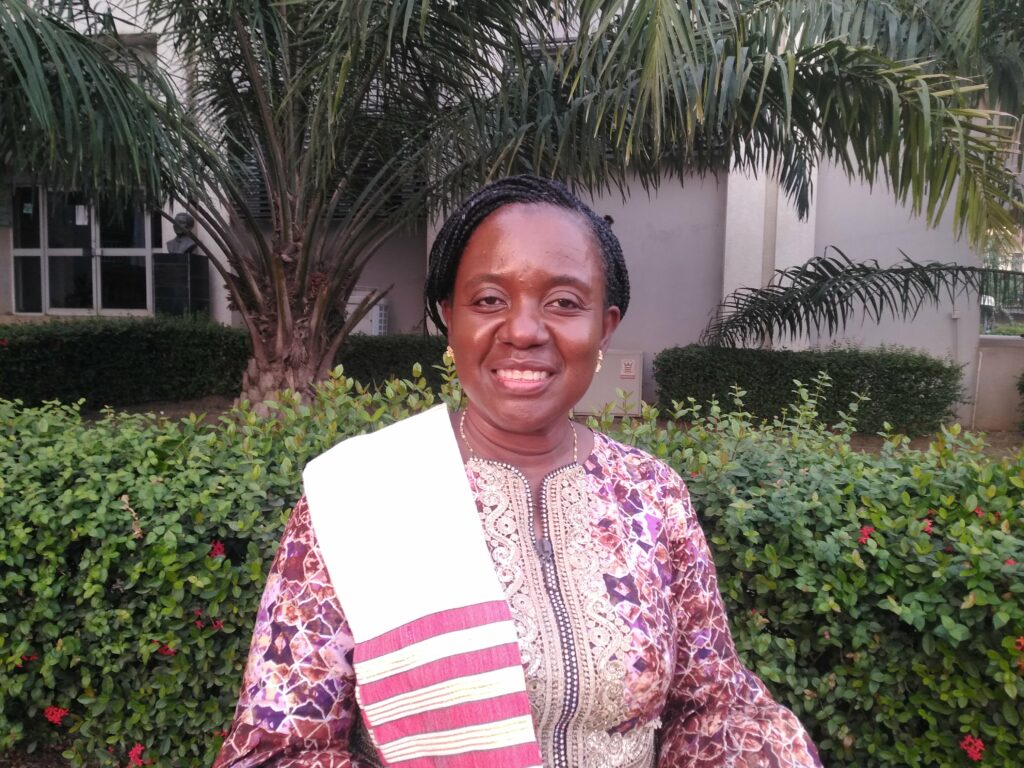
Olayinka Omigbodun, the Provost of CoMUI, corroborated Otolorin’s thoughts on TSA’s interference with grants.
“One of the things that help our ranking as a university is research. When we get a grant and do a good research, a good research will lead to a good publication, and good publications will lead to better citations,” Omigbodun told FIJ on Monday.
“When we get a grant, that grant is time-bound. The funders can say that the research must be done within two years or three years and the researcher has to run with this condition. However, since the Treasury Single Account (TSA) came into being, grants for research go into a pool of funds coming from all over the country. The Central Bank of Nigeria (CBN) can’t even locate your grant until the researcher asks the funder to send a payment advice from the bank. CBN will then use that to trace the money.
“There are also bottlenecks which make it difficult to locate funds. Some people wait for a year before their funds can be located in the TSA. I am a coordinating investigator for a research project with other investigators I oversee in other countries. So, the money comes to me and I have to send some of it to researchers in Kenya and other countries immediately, but this doesn’t happen. When the money eventually gets there, it would have taken months. I’ve also heard from other researchers who have complained that grant money got lost.
“Right now, the funders have realised that we are having a crisis. The TSA is not serving researchers well. If I’m spending half the time meant for a research project locating the money, it’s not right.
“So, I would say that the TSA is killing us. Here at the college of medicine, we survive on grants. There are administrative charges on these grants that help the college. Once these grants are taken away, the college is in trouble.”
These grants for university research are third party funds. The money doesn’t belong to the government, and they don’t belong to the researchers either.
The researchers work for funders like contractors. It is the funder who will do an audit of the funds when the research is over. These funders already have a system to ensure transparency and appropriate use of the funds.
“I think it was an error during the conceptualisation of the TSA. They made a mistake with the execution because third party funds shouldn’t be placed in that account,” Omigbodun explained.
“Many have reported this issue, and we have been waiting for a response from the federal government.”
READ ALSO: After FIJ’s Story, Ex-Lawmaker Donates 1,000 Litres of Diesel to UCH
FG PREVENTING TERTIARY INSTITUTIONS FROM IMPLEMENTING SOLUTIONS
Otolorin told FIJ that the federal government has prevented its institutions from solving some of its problems.
“Most of the top universities around the world are not fully funded by the government. Even here, private universities and colleges are rising because they don’t have these bottlenecks and challenges. Once they decide on what to do, the university council will provide the funding and they will do it. The public universities are at the mercy of the government and the government cannot do it all. The government should not prevent its own institutions from implementing solutions,” Otolorin said.
“The building of a new hostel became necessary because MDCN has a policy that any institution training students in clinical subjects must house those students on the hospital premises. That means that if you’re a medical student, you must have a room here so that you can take calls at 2 am. If there is an emergency at such an hour, it is necessary to have the students around to know how we handle the case.
“The students must be close by at all times when they are on duty. We had been doing well until the college expanded and had more departments for more clinical specialties. So, we didn’t have enough bed space, and MDCN threatened to discredit us. We are a federal institution, but the federal government told us point blank that they didn’t have money to build any hostel. A federal agency wanted to discredit us for this when the federal government did not provide the money to build the required hostel. So the alumni of the college decided to make an effort to raise funds for the hostel. We don’t want our college to lose its accreditation because of this.
“The university college hospital gave us a piece of land behind Alexander Brown Hall. We did the quantity survey and determined that the project required N2.5 billion.”
FIJ had reported how Philip Ozuah, an alumnus of CoMUI, donated $1 million to support this project. Otolorin said that one of about five blocks of the new hostels would be named to honour Ozuah.
The donations will go to the contractors instead of landing in the college’s account and getting lost in the TSA, Otolorin noted.
“The budgets for health and education are barely changing, but the government is opening more colleges and hospitals. If they are to keep sharing the same budget, the allocation becomes little. Public institutions struggle with the funds from the government alone. Meanwhile, private institutions are charging higher tuition fees and getting more funds to do more. If we don’t address these issues now, we will end up with a health system that is seriously weakened, lacking in human resources, lacking in basic equipment and materials and lacking in expertise.”
Subscribe
Be the first to receive special investigative reports and features in your inbox.


